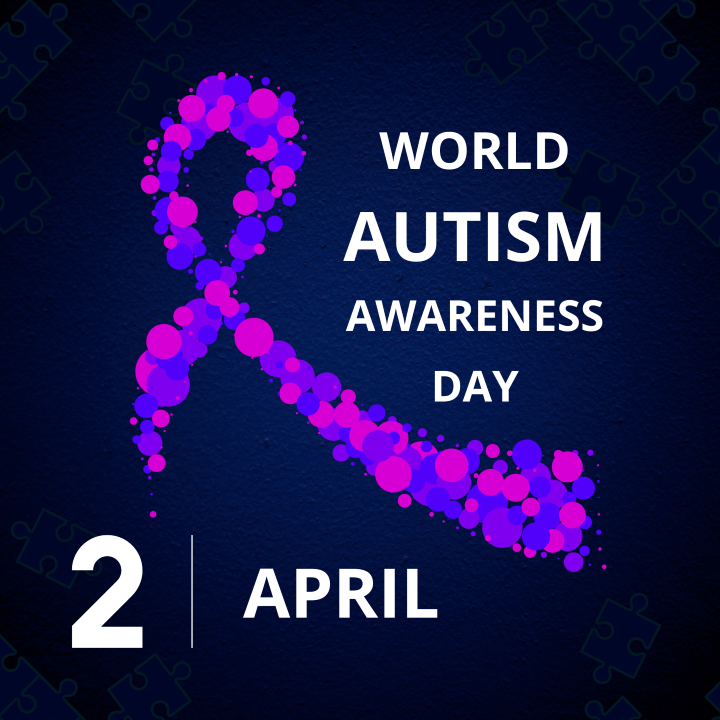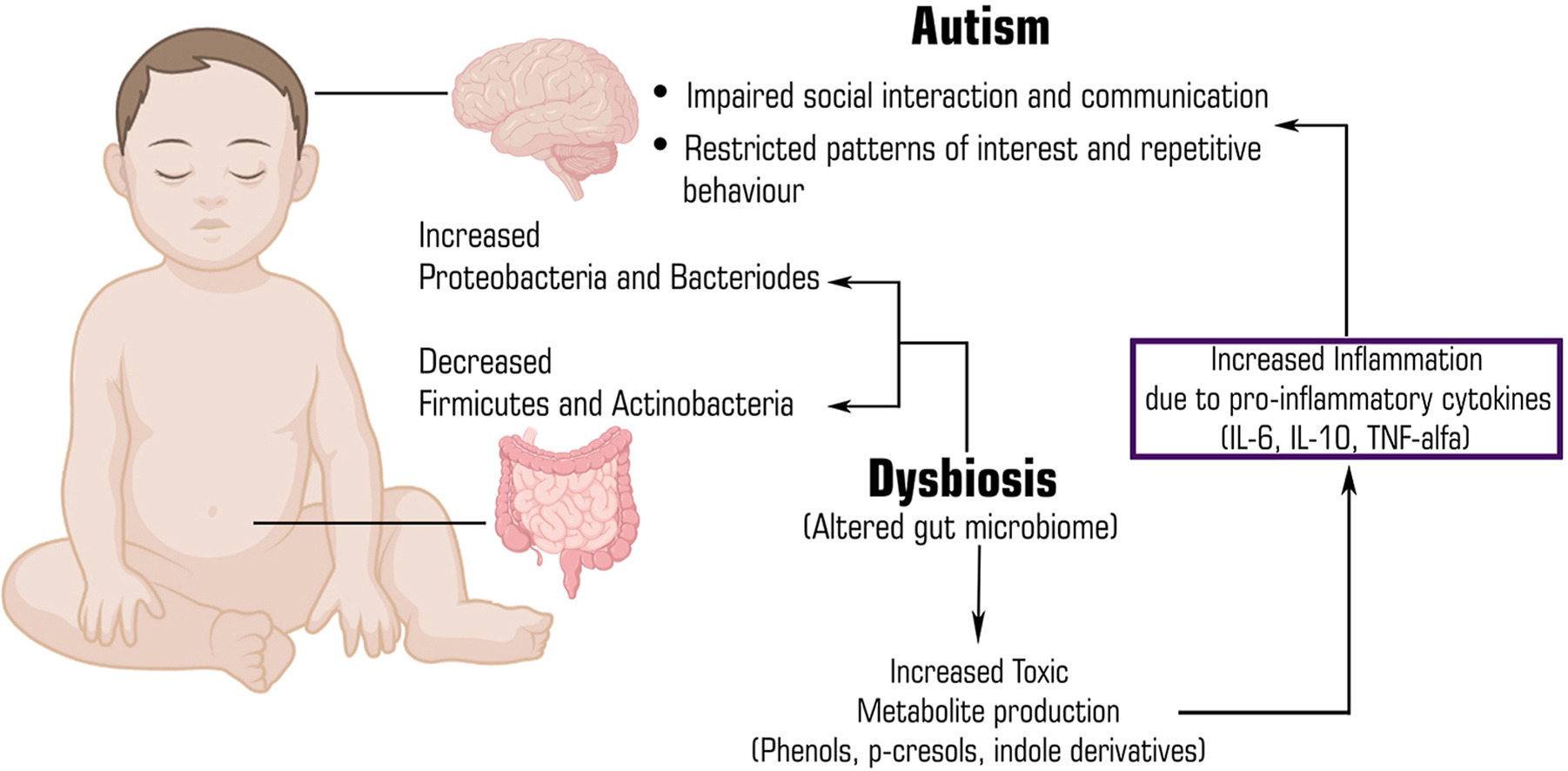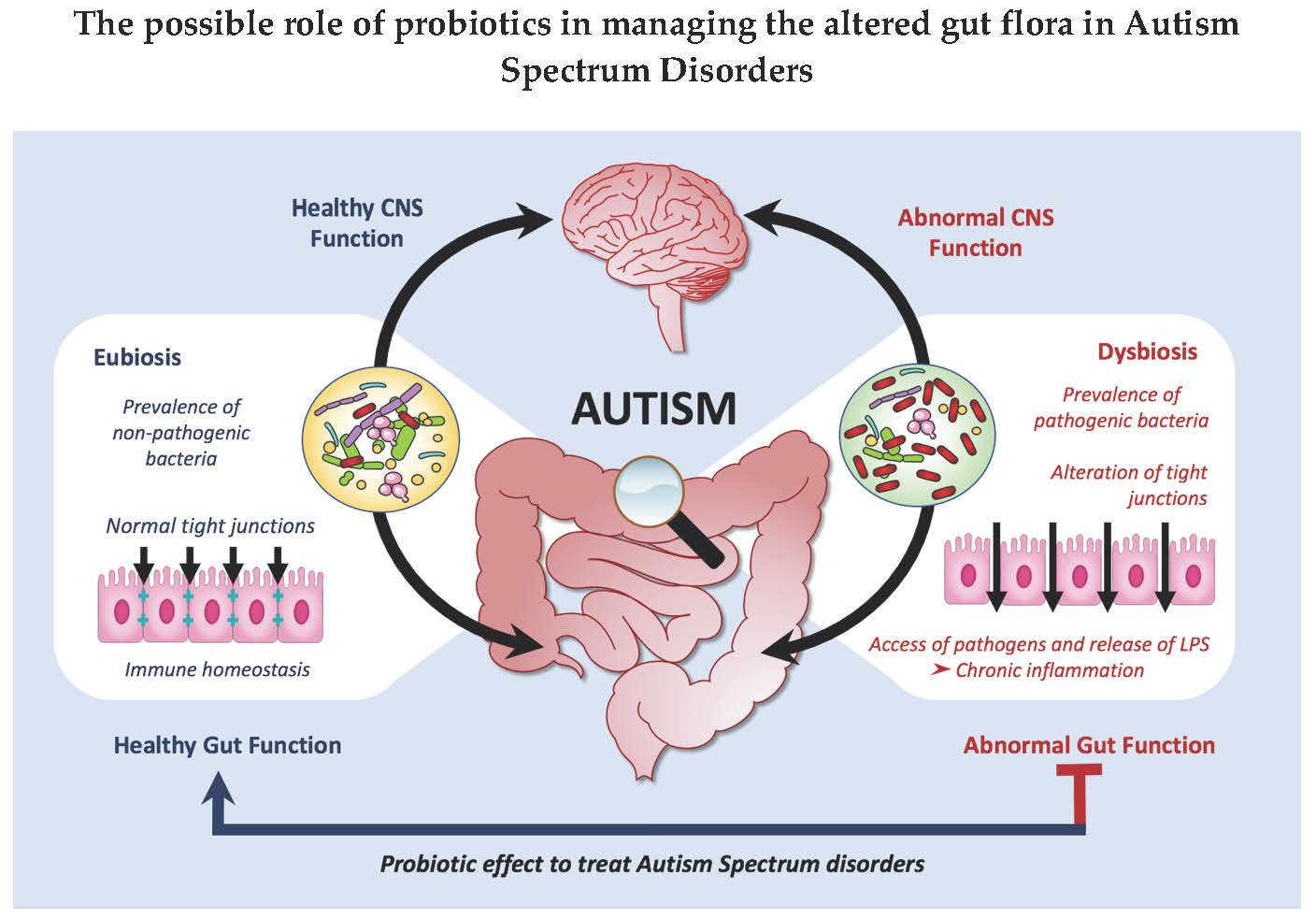Beyond the Brain: The Role of Gut Health in Autism Spectrum Disorder
United Nations General Assembly sanctioned 2nd April as World Autism Awareness Day (WAAD) in 2007.
At inXso, we are dedicated to raising awareness of health conditions that require further research and innovative solutions for diagnosis, treatment, and preventive therapy.
Above all, awareness should increase people’s understanding and knowledge of how such health conditions impact the health and well-being of those around them.

Table of Contents
Introduction
The Gut-Brain Axis in Autism
Key Research Findings
Future Directions
Conclusion
Introduction
On World Autism Awareness Day, we turn our focus to a condition that touches millions around the globe, bringing unique challenges and insights into human diversity.
Autism Spectrum Disorder (ASD) is a complex neurodevelopmental condition characterised by challenges in social interaction, communication, and repetitive behaviours.
However, recent research has begun to shed light on a less discussed aspect of autism – its connection with gastrointestinal (GI) problems, opening new avenues for understanding and managing ASD.
The Gut-Brain Axis in Autism
The gut-brain axis refers to the two-way communication pathway between the central and enteric nervous systems, linking emotional and cognitive centres of the brain with peripheral intestinal functions.
Recent studies suggest a significant correlation between gut health and autism, proposing that GI problems may not just be a side effect of autism but intrinsically linked to its neurodevelopmental aspects.

Image courtecy: Anshula Mehra, Geetakshi Arora, Gaurav Sahni, Manmohit Kaur, Hasandeep Singh, Balbir Singh, Sarabjit Kaur, Gut microbiota and Autism Spectrum Disorder: From pathogenesis to potential therapeutic perspectives.
Key Research Findings
Research published in prominent journals such as MDPI and Nature has highlighted the prevalence of gastrointestinal disorders among individuals with ASD. Studies indicate that alterations in the gut microbiome can affect brain function and behaviour, suggesting a potential gut-brain pathway in autism.
For instance, a recent article in MDPI discusses the genetic predisposition of individuals with ASD to specific gut microbiota compositions that could influence autism’s manifestation and severity.
Moreover, a comprehensive review in Nutrition Reviews examines the impact of diet, probiotics, and prebiotics on the gut microbiota in ASD individuals. The findings underscore the potential of dietary interventions to alleviate gastrointestinal symptoms and, by extension, improve behavioural symptoms associated with autism.
Insights from “The Gut-Brain Axis: Dietary, Probiotic, and Prebiotic Interventions on the Microbiota”: Drawing from the seminal work, this book delves deep into how dietary choices and supplements can significantly impact the gut microbiota and, consequently, the gut-brain axis.
It posits that tailored dietary interventions may offer a non-invasive method to modulate the gut environment, potentially leading to improved outcomes for those with ASD.

Image courtecy: Abdellatif, B.; McVeigh, C.; Bendriss, G.; Chaari, A. The Promising Role of Probiotics in Managing the Altered Gut in Autism Spectrum Disorders.
Future Directions
The exploration of the gut-brain connection in autism opens promising pathways for both research and therapy. Innovations in genetic screening, microbiota profiling, and personalised nutrition are paving the way for targeted interventions. As we understand more about the intricate relationships between diet, gut health, and autism, the potential for new, holistic approaches to therapy becomes increasingly apparent.
Conclusion
The intersection of gastrointestinal health and autism offers a compelling glimpse into the complexities of the human body and mind. This World Autism Awareness Day, let’s acknowledge the strides being made in understanding ASD and the potential for groundbreaking approaches that could transform lives. The journey into the gut-brain axis is just beginning, but its promise is vast and undeniable.
References
1. Plaza-Diaz, J.; Radar, A.M.; Baig, A.T.; Leyba, M.F.; Costabel, M.M.; Zavala-Crichton, J.P.; Sanchez-Martinez, J.; MacKenzie, A.E.; Solis-Urra, P. Physical Activity, Gut Microbiota, and Genetic Background for Children and Adolescents with Autism Spectrum Disorder. Children 2022, 9, 1834. https://doi.org/10.3390/children9121834
2. Baio, J. (2018). Prevalence of autism spectrum disorder among children aged 8 years — Autism and developmental disabilities monitoring network, 11 sites, USA, 2014.
3. Abdellatif, B.; McVeigh, C.; Bendriss, G.; Chaari, A. The Promising Role of Probiotics in Managing the Altered Gut in Autism Spectrum Disorders. Int. J. Mol. Sci. 2020, 21, 4159. https://doi.org/10.3390/ijms21114159
4. Hartman RE, Patel D. Dietary Approaches to the Management of Autism Spectrum Disorders. Adv Neurobiol. 2020;24:547-571. doi: 10.1007/978-3-030-30402-7_19. PMID: 32006373. https://pubmed.ncbi.nlm.nih.gov/32006373/
5. Önal, S.; Sachadyn-Król, M.; Kostecka, M. A Review of the Nutritional Approach and the Role of Dietary Components in Children with Autism Spectrum Disorders in Light of the Latest Scientific Research. Nutrients 2023, 15, 4852. https://doi.org/10.3390/nu15234852
6. Li Q, Han Y, Dy ABC, Hagerman RJ. The Gut Microbiota and Autism Spectrum Disorders. Front Cell Neurosci. 2017 Apr 28;11:120. doi: 10.3389/fncel.2017.00120. PMID: 28503135; PMCID: PMC5408485. https://www.accessdata.fda.gov/scripts/cdrh/cfdocs/cfcfr/CFRSearch.cfm?CFRPart=820&showFR=1
7. Anshula Mehra, Geetakshi Arora, Gaurav Sahni, Manmohit Kaur, Hasandeep Singh, Balbir Singh, Sarabjit Kaur, Gut microbiota and Autism Spectrum Disorder: From pathogenesis to potential therapeutic perspectives, Journal of Traditional and Complementary Medicine, Volume 13, Issue 2, 2023, Pages 135-149,
ISSN 2225-4110, https://doi.org/10.1016/j.jtcme.2022.03.001.
